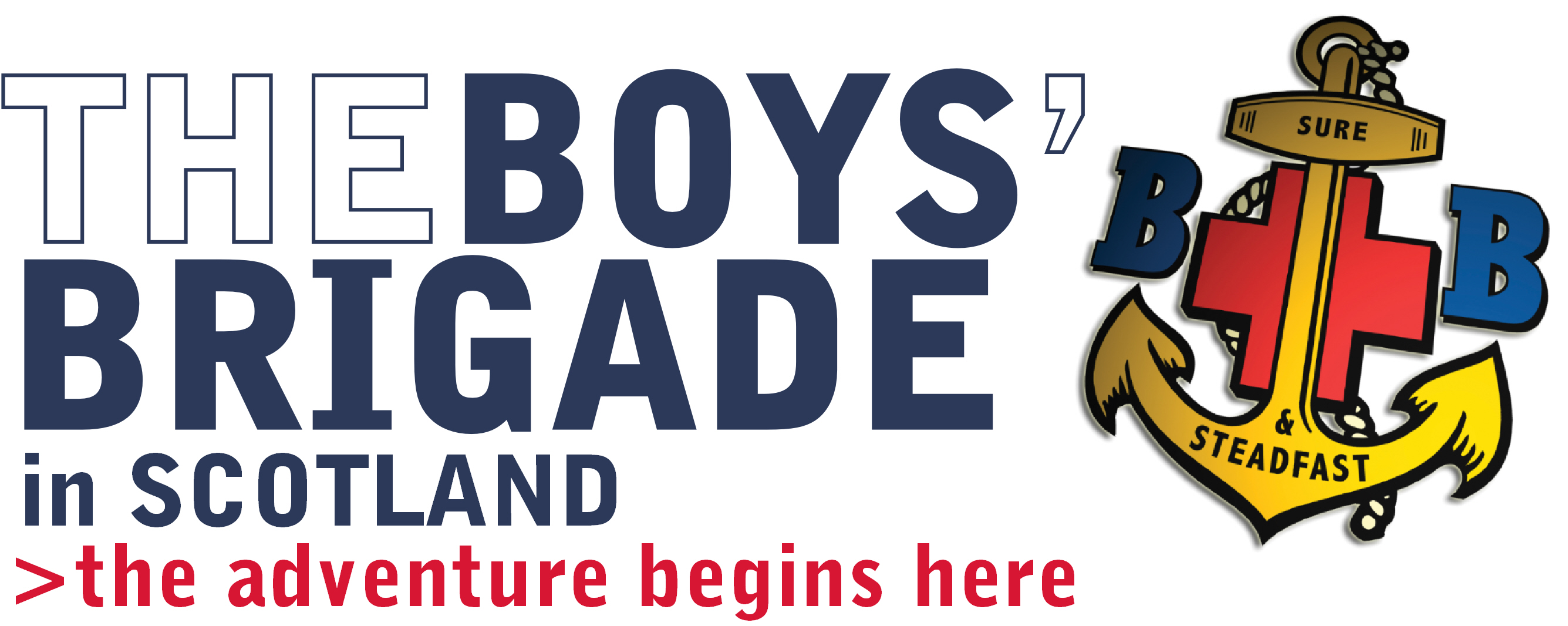For my community project, I volunteered within the Anchor Boy section of my local Boys Brigade (BB) unit. The BB’s are a Christian youth organisation that was founded nearly 130 years ago. The unit I volunteered in meet on a Friday night for an hour so I went along for a few weeks as it was such a short meeting and I was required to do at least a half days worth of work. On a normal night, the evening consists of a mixture of crafts and games. My role was to work one-to-one with a young boy who was partially deaf, had additional support needs and who wasn’t in mainstream schooling. I didn’t have any previous experience working with children with disabilities so I looked forward to going out my comfort zone. 
Something that surprised me about working there was the attitude of the other boys. I kind of expected some of the boys to be a little unkind and teasing but lots of the boys were actually very accepting of the young boy. The leaders explained to me that when he started, they had to explain to the some of the boys about his disability and how he might struggle with some things but all the boys were very accepting and always tried to make sure that he was playing the games and joining in. Something that I found challenging on the night was communicating with the young boy. Because of his partial deafness, his speech isn’t fully developed so it was very difficult to understand at points. Some words were easier to make out than others but he could get frustrated very easily if you couldn’t understand him. This lead to him getting violent and trying to hit you and run away. Trying to control his behaviour was also something that I struggled with over the weeks. However, the most enjoyable part of volunteering with the BB’s was just being there working with the kids. The boys range from 5-7 years old and they were really fun to be around. They’re not every serious at that age, they’re just so excitable and enthusiastic. They just want to have fun and play games and it was really uplifting being in such relaxed environment where I could just focus on them.
The biggest thing I learned about community is how easy it is to create and become a part of one. Even though none of the other boys knew the boy that I was working with or went to school with him, they all played together and just had a nice night. They had created their own little community within those church halls. I also learned something really interesting about this community in particular. The boy I was helping wasn’t the only boy with additional support needs as there were a few other boys with things like autism, etc. However, the leaders accept them all and don’t view it as a problem. They told me how their captain had advised them to turn away the boys, including the one I was working with, if it was going to be too much for them to handle but they didn’t want to. They spoke to me about how these children will already be facing so many difficulties so why should they exclude them more? I, personally, found this really inspiring and think that everyone should have more of an attitude like this.
Volunteering with the Boys Brigade has allowed me to develop a number of skills, including being collaborative, organised and responsible. This relates to teaching because these are skills or attributes that will be utilised in a teaching environment. As a teacher you will have to work with other teachers or professionals who may have different opinions or perspectives to yourself, just like in the BB’s where you have to work with different leaders in your own or another section. The activities for that week at the Boys Brigade need to be planned out and organised beforehand, the same way that teachers have to have lesson plans and make sure that they are suitable for everyone. On a Friday night, once the parents have dropped their children off, you are responsible for them and need to make sure they are okay and nothing happens to them. Teachers are also responsible for their class and should try o provide them with the best possible education.







